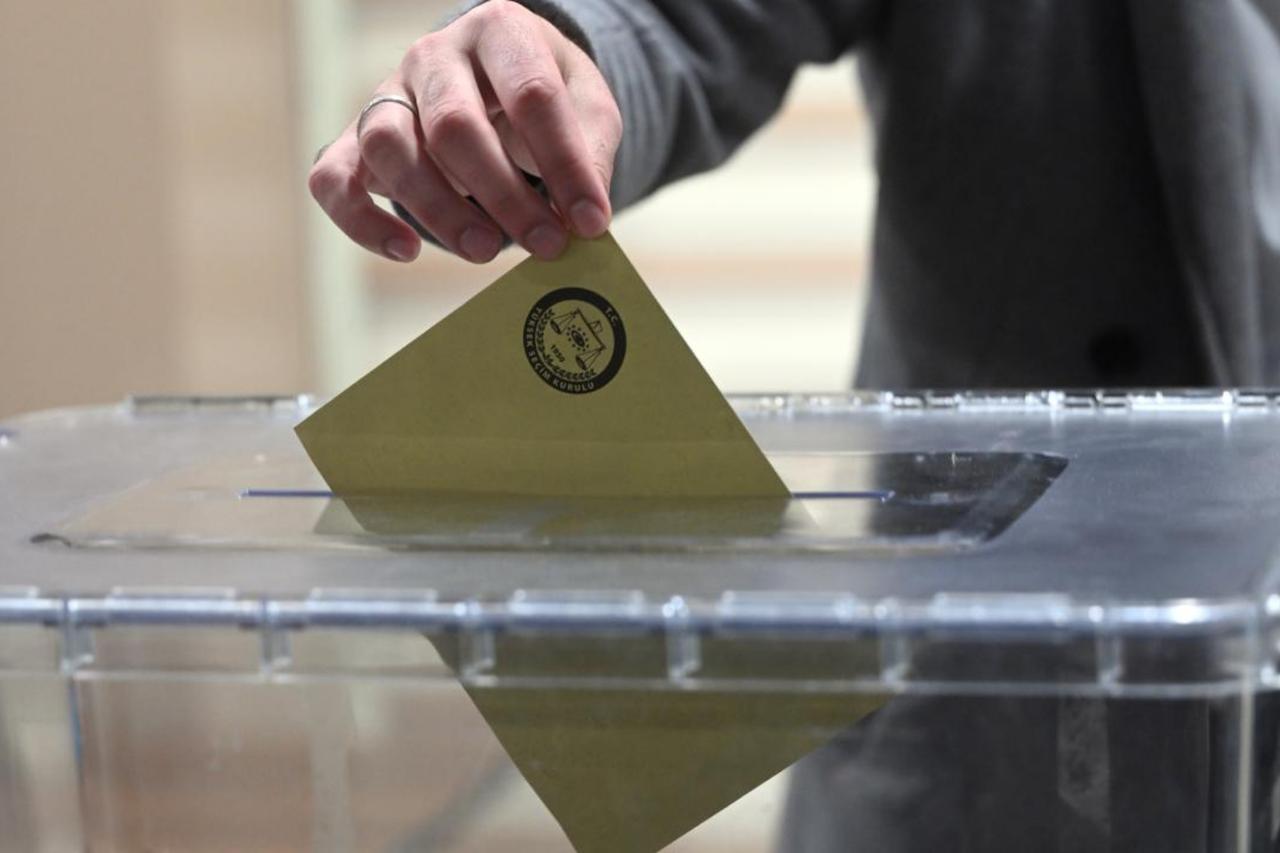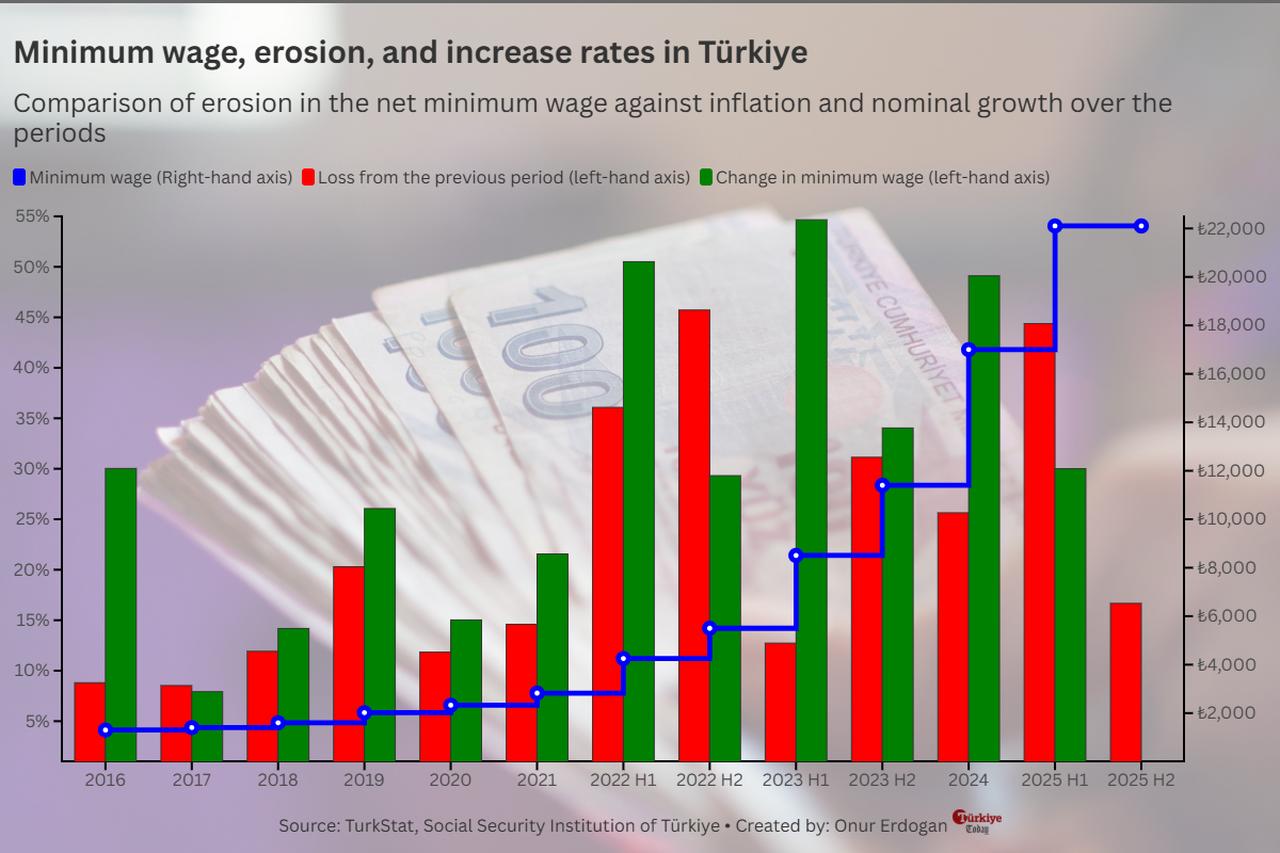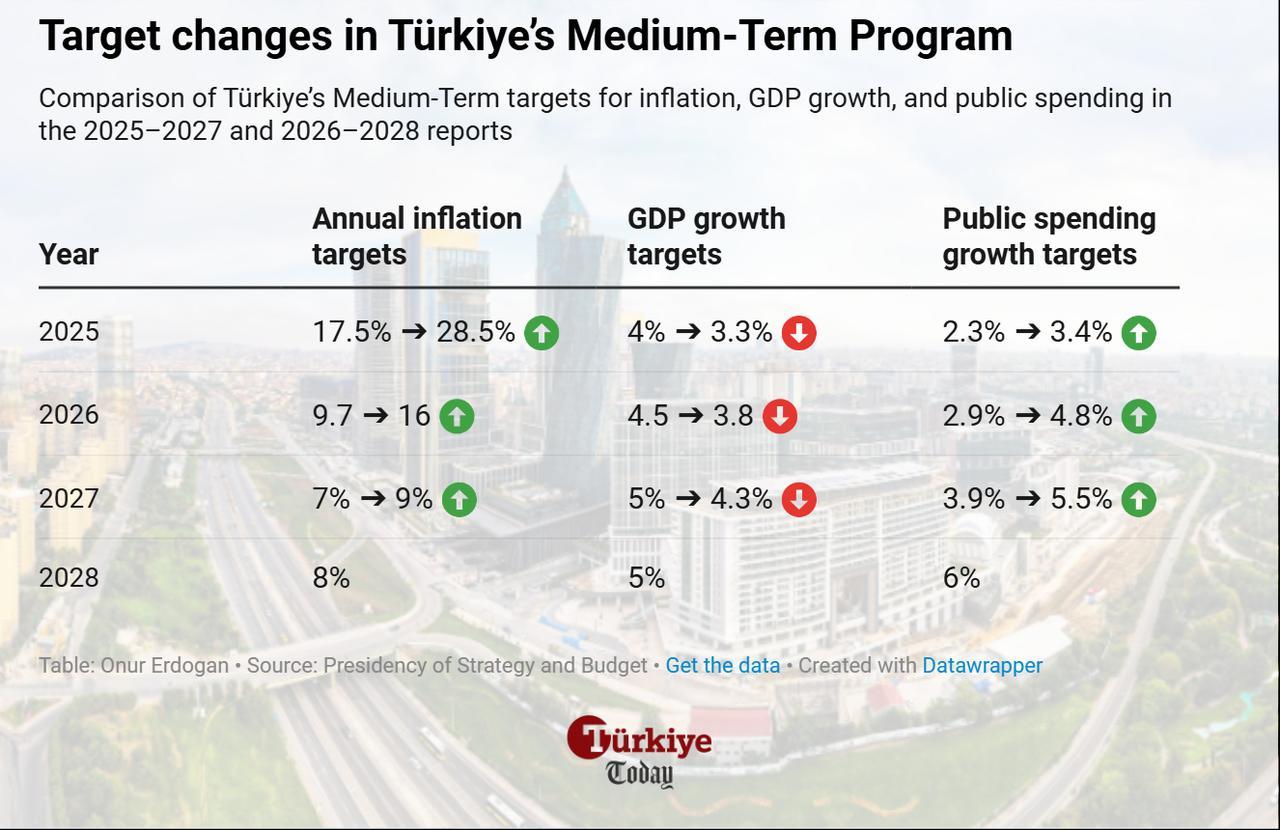
Türkiye’s ruling Justice and Development Party (AK Party) is reportedly weighing mobilizing economic resources for a potential snap election in late 2027 or 2028, planning to accelerate new reforms and prioritize measures aimed at easing the burden on Turkish households amid rising living costs.
The party recently concluded its "Türkiye Meetings," a series of nationwide consultations designed to collect feedback from citizens. The resulting reports highlight pressing concerns in the areas of economy, education, health, security, and social policy, and are expected to guide the AK Party’s 2026 political roadmap, according to the business-focused ekonomim.com.
The Turkish economy still struggles with serious headwinds that have emerged in recent years, most notably high inflation, which remains at double-digit levels. The impact of ongoing monetary tightness suggests a gradual recovery over time, while the high-interest-rate environment also continues to weigh on both the government and businesses, as the Turkish central bank has kept its policy rate above 40% since late 2023, for nearly two years.
Rising living costs, recorded at ₺98,735 ($2,393) in Istanbul and ₺88,309 nationwide for a family of four in August, remain the biggest challenge for many households in Türkiye, straining budgets particularly through soaring rents and food expenditures.
The erosion of monthly wages has compounded this strain, as the government chose not to implement a potential interim increase in the minimum wage in an effort to maintain inflation stability.
The mounting pressure is also reflected in household borrowing, which continues to rise despite costs exceeding 50%. Total consumer loans surged by 46.2% to ₺4.94 trillion as of Aug. 29, while personal loans increased by 46.6% to ₺1.84 trillion.
Bad loans also climbed sharply, with non-performing consumer loans rising by 133.8% to ₺199.19 billion, most of which were personal loans, according to official figures.

The new Medium-Term Program (MTP), which sets Türkiye’s economic roadmap for 2026–2028, introduced substantial revisions compared with the earlier report covering 2025–2027, particularly in inflation, growth, and public spending projections.
The government sharply raised its inflation targets, lifting the 2025 estimate from 17.5% to 28.5% and revising 2026 and 2027 figures upward to 16% and 9%, respectively, while setting an 8% target for 2028. These adjustments reflect the persistence of price pressures and indicate that disinflation is now expected to proceed at a slower pace than previously anticipated.
In contrast, growth forecasts were revised downward. The 2025 target was reduced from 4% to 3.3%, while projections for 2026 and 2027 were lowered to 3.8% and 4.3%. For 2028, the government aims for 5% growth, underscoring an expectation of recovery only toward the end of the program period. The downward revisions suggest that tighter monetary conditions and ongoing inflation will weigh on output in the near term, even as structural reforms are pursued.
At the same time, public spending projections were revised upward to offset slower growth. The 2025 target was raised from 2.3% to 3.4%, 2026 from 2.9% to 4.8%, and 2027 from 3.9% to 5.5%, with 2028 set at 6%. By increasing expenditure targets, the government appears to be preparing a fiscal cushion aimed at supporting households and sustaining investment during a period of high borrowing costs and persistent price pressures.
Taken together, the revisions in the MTP point to a policy stance that acknowledges inflation will remain elevated longer than initially projected, while economic expansion will be slower. To manage these pressures, the government is turning to higher public spending as a stabilizing tool, linking fiscal expansion directly to its broader strategy of cushioning households and businesses until monetary conditions ease.

Among the other reforms under consideration is a proposal for a new civilian constitution. The government also plans to finalize the work of the Parliamentary Commission on National Solidarity, Brotherhood, and Democracy by 2026. The commission was established after the outlawed terrorist group PKK announced a decision to lay down arms.
Opposition party officials, particularly from the Republican People’s Party (CHP), argue that elections could be held as early as 2026.
However, AK Party members suggest that no vote would be scheduled before the second half of 2027. Scenarios being discussed include elections in November 2027, following a parliamentary decision in June before the summer recess, or elections in March 2028 if parliament sets the date in December 2027.